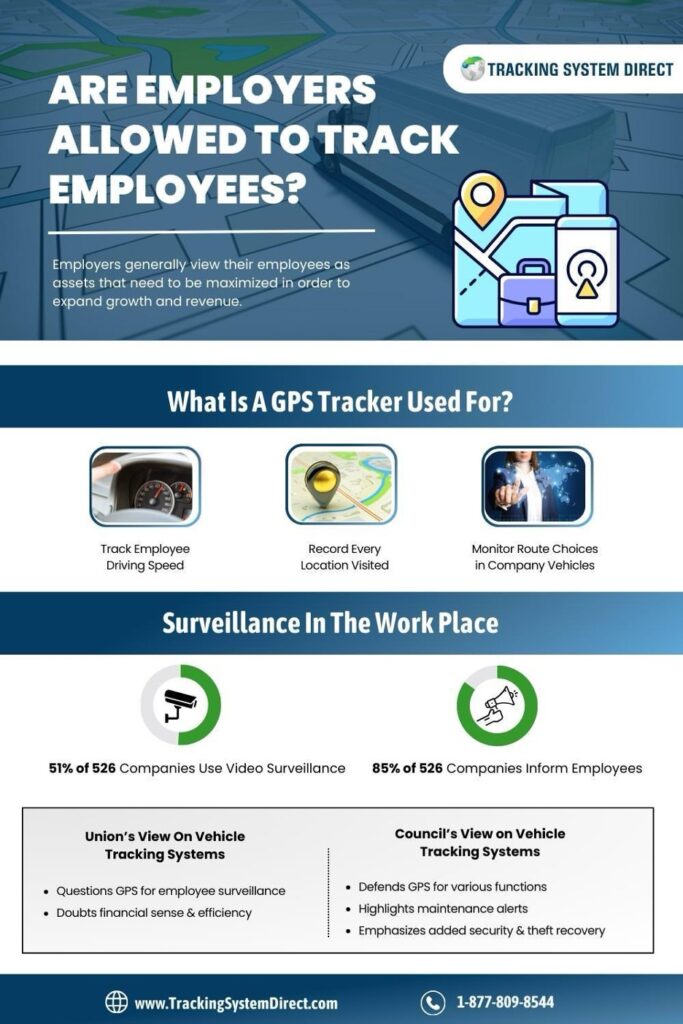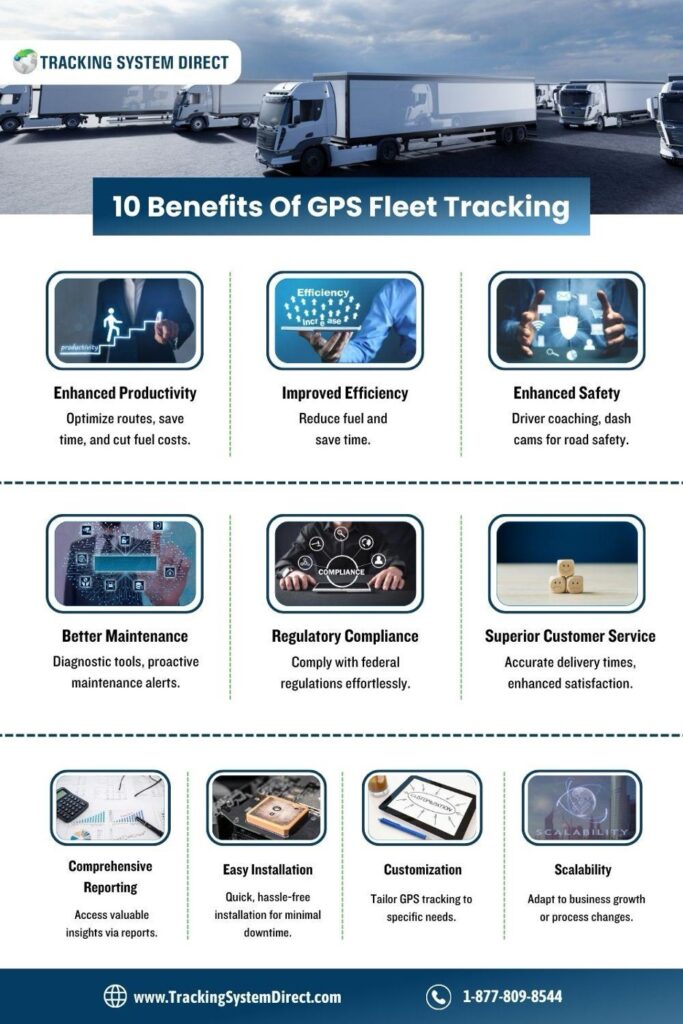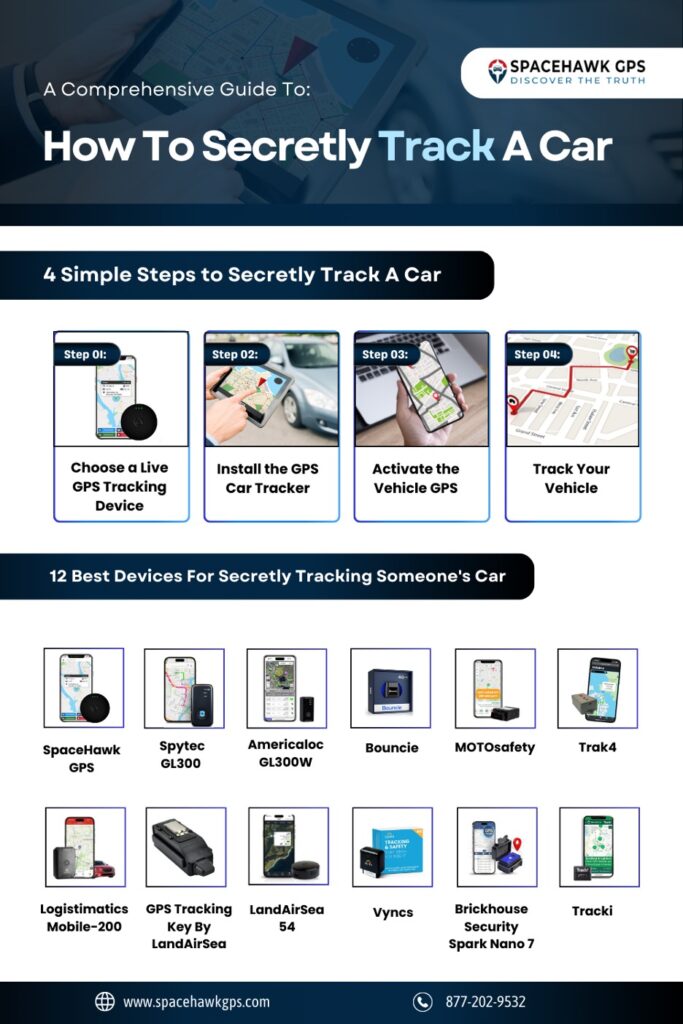Now Reading: Exploring the Legal Aspects of Using GPS Trackers in Your Vehicles
-
01
Exploring the Legal Aspects of Using GPS Trackers in Your Vehicles
Exploring the Legal Aspects of Using GPS Trackers in Your Vehicles
Are you considering tracking a cheating spouse or a problem employee? Before you proceed, it’s crucial to understand the legal implications. This article explores the legal aspects of using GPS trackers in your vehicles, offering valuable insights into federal and state laws, privacy concerns, and best practices for both personal and employer use. You’ll learn how to comply with regulations, understand the importance of obtaining consent, and discover the potential consequences of non-compliance. By reading this, you’ll gain the knowledge needed to use GPS trackers responsibly and legally, ensuring the protection of privacy and adherence to the law.
Federal and State Laws Governing GPS Tracking
Understanding the legal aspects of using hidden GPS trackers in your vehicles is crucial. Federal regulations provide a general framework for GPS tracking. The Fourth Amendment protects against unreasonable searches, which applies to GPS tracking by law enforcement. A search warrant is usually required for tracking a person or vehicle.
However, federal laws do not cover all aspects of GPS tracking. State laws vary significantly and can be more restrictive. Some states, like California, Texas, and New York, have specific regulations for GPS tracking. In California, it’s illegal to install a GPS tracker on a vehicle without the owner’s consent. Violating this law can result in hefty fines and legal action.
Texas also has strict laws regarding GPS tracking. It is illegal to install a tracking device on a vehicle owned or leased by another person without their consent. This law aims to prevent electronic stalking and protect personal privacy.
New York’s regulations focus on consent and legitimate purposes. Installing a GPS tracker without the vehicle owner’s consent is considered illegal. Exceptions exist for law enforcement officers with a warrant and businesses tracking company-owned vehicles for legitimate purposes.
Complying with both federal and state laws is essential to avoid legal consequences. Businesses must ensure that their GPS tracking practices align with these regulations. This includes obtaining consent from vehicle owners or lessees and using tracking devices for legitimate purposes.
In addition to these examples, other states have unique laws. For instance, Rhode Island’s anti-stalking law makes it illegal to use GPS tracking to cause emotional distress or fear. North Dakota’s laws also prohibit tracking without consent, emphasizing the importance of personal privacy.
Learn more about GPS tracking laws by state here: https://www.trackingsystemdirect.com/gps-tracking-laws-by-state/
Privacy Concerns and Consent
Privacy concerns related to GPS tracking are significant and multifaceted. Tracking devices can reveal a person’s location and movements, raising privacy issues. The importance of obtaining consent for GPS tracking cannot be overstated. Consent ensures that individuals are aware of and agree to be tracked, protecting their privacy rights.
In most situations, consent is required for GPS tracking. For instance, tracking a vehicle without the owner’s consent is generally illegal. This applies to vehicles owned or leased by another person. North Dakota’s laws prohibit tracking without consent, emphasizing personal privacy. Similarly, Rhode Island’s anti-stalking law makes it illegal to use GPS tracking to cause emotional distress or reasonable fear.
There are exceptions where consent might not be required. Law enforcement officers can install a GPS tracker without consent if they have a warrant issued. Companies may also track their fleet vehicles for legitimate business purposes, such as fleet management and employee GPS tracking. However, even in these cases, it’s crucial to inform employees about the tracking practices.
The legal ramifications of tracking without consent can be severe. Violations can lead to fines, legal actions, and reputational damage. For example, installing a tracking device on a vehicle without the owner’s consent can result in criminal charges. This is seen in states like California and Texas, where such actions are explicitly prohibited.
Case studies highlight the consequences of privacy violations. In one instance, a private investigator faced legal action for illegally installing a GPS tracker on a vehicle without the owner’s consent. This violated the Fourth Amendment’s protection against unreasonable searches, leading to significant legal consequences.
Employer Use of GPS Trackers on Employee Vehicles
Legal considerations for employers using GPS trackers on company vehicles are crucial. First, employers must comply with both federal and state GPS laws to avoid legal issues. Tracking employee vehicles without their consent can violate privacy rights, leading to serious consequences. Therefore, it’s essential to understand workplace monitoring laws to ensure legal compliance.
Employee privacy rights must be respected when implementing GPS tracking. For instance, employers should avoid tracking a person’s movements without their consent. This includes installing GPS tracking devices on vehicles without the owner’s knowledge. Consequently, obtaining consent is vital to maintain trust and avoid legal ramifications. To achieve this, transparent policies and clear communication are key.
Next, best practices for employers include creating comprehensive policies that outline GPS tracking usage. These policies should detail the purpose of tracking, how data will be used, and who will have access to the information. Ensuring employees understand the reasons behind tracking can help gain their consent. Furthermore, regularly reviewing and updating policies to reflect current laws on GPS tracking is also important.
Transparent policies help build trust and ensure employees are aware of tracking practices. Employers should explain the benefits of GPS tracking, such as improving fleet management and ensuring safety. By providing this information, employers help employees understand the legitimate purposes behind tracking. Clear policies and open communication can prevent misunderstandings and foster a positive work environment.
Non-compliance with GPS tracking laws can lead to severe legal consequences. For example, employers may face fines, lawsuits, and reputational damage for violating privacy rights. Knowingly installing a GPS device on a vehicle without consent can result in criminal charges, especially if the tracking causes emotional distress or reasonable fear among employees.
Personal Use Of GPS Trackers
Legal implications for individuals using GPS trackers on personal vehicles are significant. When tracking your vehicle, it’s generally legal, as you own the vehicle. However, considerations arise when tracking the vehicles of family members or friends. You must obtain their consent to avoid violating privacy rights.
Tracking vehicles without the owner’s consent can lead to serious legal consequences. Installing GPS devices on someone else’s vehicle without permission is illegal in many states. For example, Vonnie’s Law makes it unlawful to track a person without their knowledge, causing them to reasonably fear for their safety.
Restrictions are strict on using GPS trackers on vehicles you do not own. Laws on GPS tracking require consent from the person who owns or uses the vehicle. Knowingly installing a GPS tracking device on a vehicle without consent can result in criminal charges. These actions are seen as a violation of privacy and can lead to fines and legal actions.
Legal Advice and Best Practices
Seeking legal advice before using GPS trackers is crucial. Legal experts can help you navigate the complexities of vehicle tracking laws, ensuring you stay compliant. They can provide guidance specific to your situation, whether for personal use, employee monitoring, or asset tracking.
Best practices for using GPS trackers include thoroughly understanding the laws regarding electronic monitoring. Always obtain the necessary consent before tracking any person or object. Documenting consent is essential; have written agreements that clearly outline the purpose of the tracking. This documentation protects you legally and helps build trust.
Implementing transparent usage policies is also vital. These policies should explain how and why tracking is conducted, the type of data collected, and who has access. Clear communication ensures everyone involved understands the tracking system, reducing the risk of misunderstandings.
For employee GPS tracking, follow specific labor laws and employee tracking regulations. Make sure to inform employees about tracking practices and obtain their consent. Regularly review and update these policies to reflect any changes in the law or company practices.
Resources for further information and legal assistance include consulting with legal professionals specializing in electronic communication and tracking laws. Online legal resources and government websites can also provide valuable information. If you are unsure about the legality of tracking practices, seeking professional legal advice is the best course of action.













